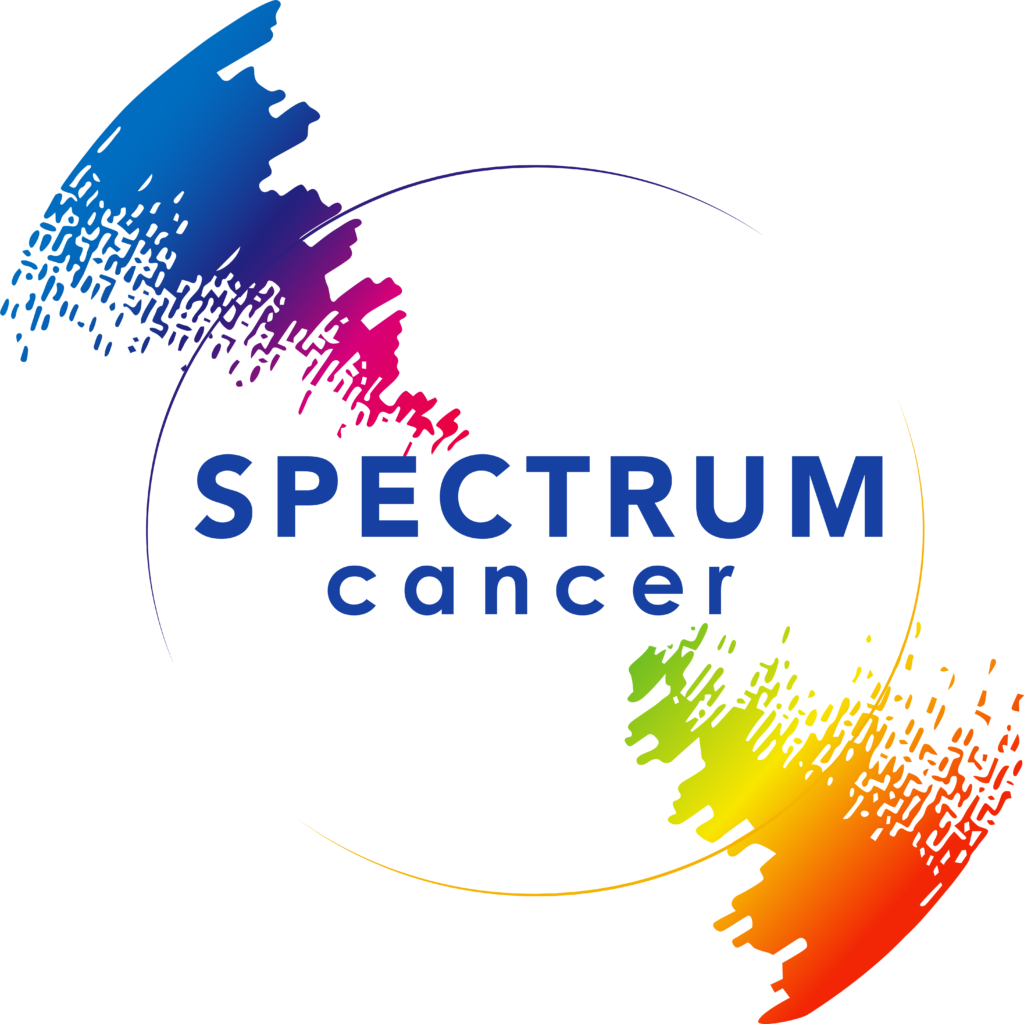Systemic Therapy
Systemic Therapy
Liver
Systemic Therapy
Historically, there were few systemic options for the treatment of hepatocellular carcinoma, but this has evolved significantly with multiple treatment options now available that can improve survival and quality of life for patients with advanced disease. The main types of systemic therapies include targeted therapy, immunotherapy, and chemotherapy. The treatment landscape is continuously changing with ongoing research and clinical trials currently underway which are exploring newer systemic therapies and combinations of therapies with the goal of further improving outcomes. This includes:
Chemotherapy – Traditional chemotherapy is less commonly used for HCC due to limited efficacy and significant side effects. However, it may be considered in certain cases where other treatments are not suitable.
Targeted Systemic Therapies – agents designed to specifically target cancer cells while sparing normal cells. They work by interfering with specific molecules involved in cancer cell growth and survival. Current targeted therapies for HCC include:
- Sorafenib – is an inhibitor of tyrosine kinase receptors of vascular endothelial growth factors (VEGF) and platelet-derived growth factor receptor-beta (PDGFR-B), both of which are associated with tumor cell proliferation and angiogenesis. Sorafenib was the first systemic therapy to demonstrate effectiveness for the treatment of advanced HCC. The SHARP study1 reported that patients treated with sorafenib have an overall survival of 10.7 months compared to 7.9 months for patients treated with placebo. While sorafenib was the only available systemic agent which was effective for treating advanced HCC for ten years, several new drugs have demonstrated the ability to be used as alternative first line treatments or as second-line treatments after progression on sorafenib.
- Lenvatinib – is another VEGF and PDGFR-B inhibitor which has been shown to have similar effectiveness to sorafenib and is used as an alternative for patients who are developed side effects on sorafenib.2 The REFLECT trial reported median overall survival rates of 13.6 months and 12.3 months for patients treated with lenvatinib and sorafenib, respectively.
- Regorafenib – is a tyrosine kinase inhibitor that inhibits VEGFR1-3 and multiple other kinase receptors. It is used as a second-line treatment after disease progression following treatment with sorafenib or The RESOURCE trial studied patients with advanced HCC who had progression on sorafenib and demonstrated an improved survival of 10.6 compared to 7.8 months with placebo.3
- Cabozantinib – is a tyrosine kinase inhibitor which targets VEGFR2, VEGFR1-3, hepatocyte growth factor/c-MET and other kinases. The CELESTIAL trial assessed patients with advanced HCC who had progressed on sorafenib treatment and reported a median overall survival of 10.2 months for cabozantinib compared to 8.0 months for placebo.4 Progression free survival was also prolonged with cabozantinib (5.2 vs 1.9 months, respectively). Cabozantinib is approved for second line therapy following disease progression with sorafenib.
- Ramucirumab – is a recombinant monoclonal antibody which block the VEGFR2 receptor. Ramucirumab has been shown to provide improved outcomes in liver cancer patients with high alpha feto-protein (AFP) levels with one study study reporting a median survival of patients with high AFP levels (>400 ng/mL) being 7.8 months versus 4.2 months for placebo.5 The REACH-2 trial confirmed these findings with patients with high AFP levels who had progressed following sorafenib treatment having improved overall and progression free survival.6 Ramucirumab is currently approved for patients with high alpha-fetoprotein (AFP) levels who have been previously treated with sorafenib.
Immunotherapy – is a newer approach to treating cancer is the use of immunotherapy. This approach leverages the body’s immune system to augment its ability to detect and destroy cancer cells. The main immunotherapies used to treat hepatocellular carcinoma include:PD-1 inhibitors target a specific protein on T cells that keep these cells from attacking other cells in the body. By blocking PD-1, these drugs boost the immune response against cancer cells.
- Nivolumab – A PD-1 inhibitor, used for patients who have progressed on or are intolerant to sorafenib. Nivolumab is used alone or in combination with ipilimumab for patients with hepatocellular carcinoma that have progressed after treatment with sorafenib.Combination therapy with nivolumab and ipilimumab, an inhibitor of CTLA-4, has also been shown to be beneficial. The CheckMate 040 trial compared nivolumab plus ipilimumab combination therapy versus nivolumab monotherapy in patients with advanced HCC who were previously treated with sorafenib.7 The combination therapy group experienced a response rate of 32% compared to 14% for patients treated with nivolumab monotherapy. The combined therapy group did, however, have a great rate of side effects. Combined therapy with nivolumab plus ipilimumab is approved for the treatment of advanced HCC for patients who had progressed on sorafenib.
- Pembrolizumab – is a PD-1 inhibitor that is indicated for use following sorafenib failure. The KEYNOTE 240 trial studied patients with advanced HCC who had been previously treated with sorafenib.8 Patients on pembrolizumab had a median overall survival of 14 months compared to 10.6 months for patient receiving placebo. The objective response rate was improved versus placebo (18.3% vs. 4.4%, respectively).
- Atezolizumab combined with Bevacizumab – atezolizumab is a PD-L1 inhibitor and bevacizumab is an anti-VEGF antibody that inhibits angiogenesis. This combination has shown significant efficacy as a first-line treatment of HCC. The IMbrave150 Study Group has studied this combination versus treatment with sorafenib as first line treatment for previously untreated, unresectable HCC.9 Median OS was 19.2 months with atezolizumab plus bevacizumab compared to 13.4 months for sorafenib. The median progression free survival was also improved with the combination of atezolizumab plus bevacizumab versus sorafenib (6.9 vs. 4.3 months, respectively). The combination of atezolizumab with bevacizumab is approved for the treatment of adult patients with unresectable locally advanced hepatocellular carcinoma with no prior systemic treatment.
- Tremelimumab combined with Duravlumab – the combination of tremelimumab, a CTLA-4 inhibitor, and durvalumab has also demonstrated benefit in the first line treatment of HCC. The HIMALAYA trial compared this combination to durvalumab and sorafenib monotherapy in patients with unresectable HCC without prior systemic therapy.10 Subjects treated with a combination of tremelimumab and durvalumab had a median overall survival of 16.4 months compared to 13.8 months with sorafenib. The study did not show a difference between durvalumab monotherapy and sorafenib. The combination of tremelimumab with durvalumab is approved for the treatment of adult patients with unresectable locally advanced hepatocellular carcinoma with no prior systemic treatment.
An overview of completed and ongoing Phase III trials of systemic therapies to treat hepatocellular carcinoma can be found at https://ascopubs.org/doi/pdfdirect/10.1200/EDBK_430028.
References
- Llovet JM, Ricci S, Mazzaferro V, et al; SHARP Investigators Study Group. Sorafenib in advanced hepatocellular carcinoma. N Engl J Med. 2008 Jul 24;359(4):378-90.
- Yamashita T, Kudo M, Ikeda K, et al. REFLECT-a phase 3 trial comparing efficacy and safety of lenvatinib to sorafenib for the treatment of unresectable hepatocellular carcinoma: an analysis of Japanese subset. J Gastroenterol. 2020 Jan;55(1):113-122.
- Bruix J, Qin S, Merle P, Get al; RESORCE Investigators. Regorafenib for patients with hepatocellular carcinoma who progressed on sorafenib treatment (RESORCE): a randomised, double-blind, placebo-controlled, phase 3 trial. Lancet. 2017 Jan 7;389(10064):56-66.
- Kelley RK, El-Khoueiry AB, Meyer T, et al. Outcomes by baseline alpha-fetoprotein (AFP) levels in the phase III CELESTIAL trial of cabozantinib (C) vsplacebo (P) in previously treated advanced hepatocellular carcinoma (HCC) Ann Oncol. 2018;29:702P.
- Zhu AX, Park JO, Ryoo BY, et al. Ramucirumab versus placebo as second-line treatment in patients with advanced hepatocellular carcinoma following first-line therapy with sorafenib (REACH): a randomised, double-blind, multicentre, phase 3 trial. Lancet Oncol. 2015;16(7):859–870.
- Zhu AX, Kang YK, Yen CJ, et al. Ramucirumab after sorafenib in patients with advanced hepatocellular carcinoma and increased α-fetoprotein concentrations (REACH-2): a randomised, double-blind, placebo-controlled, phase 3 trial. Lancet Oncol. 2019;20(2):282–296.
- Yau T, Kang YK, Kim TY, El-Khoueiry AB, Santoro A, Sangro B, Melero I, Kudo M, Hou MM, Matilla A, Tovoli F, Knox JJ, Ruth He A, El-Rayes BF, Acosta-Rivera M, Lim HY, Neely J, Shen Y, Wisniewski T, Anderson J, Hsu C. Efficacy and Safety of Nivolumab Plus Ipilimumab in Patients With Advanced Hepatocellular Carcinoma Previously Treated With Sorafenib: The CheckMate 040 Randomized Clinical Trial. JAMA Oncol. 2020 Nov 1;6(11):e204564. doi: 10.1001/jamaoncol.2020.4564. Epub 2020 Nov 12. Erratum in: JAMA Oncol. 2021 Jan 1;7(1):140. doi: 10.1001/jamaoncol.2020.6961. PMID: 33001135; PMCID: PMC7530824.
- Finn RS, Ryoo BY, Merle P, et al; KEYNOTE-240 investigators. Pembrolizumab As Second-Line Therapy in Patients With Advanced Hepatocellular Carcinoma in KEYNOTE-240: A Randomized, Double-Blind, Phase III Trial. J Clin Oncol. 2020 Jan 20;38(3):193-202.
- Cheng AL, Qin S, Ikeda M, et al. Updated efficacy and safety data from IMbrave150: Atezolizumab plus bevacizumab vs. sorafenib for unresectable hepatocellular carcinoma. J Hepatol. 2022 Apr;76(4):862-873.
- Abou-Alfa GK, Lau G, Kudo M, et al. Tremelimumab plus Durvalumab in Unresectable Hepatocellular Carcinoma. NEJM Evid. 2022 Aug;1(8):EVIDoa2100070.









